20+ Years Experience
Specialist Business Insolvency Company

Get in Touch Today to Speak to a Specialist Adviser
With the uncertain economy of the modern world, it can be worrying when one cannot pay their rent on a commercial lease.
Thankfully, some steps can be taken to help ease the stress and prevent long-term damage.
These include finding alternative sources of income, requesting a rent abatement, understanding the rules and regulations of your lease, or exercising options such as subleasing or renegotiating.
This page dives into all these topics, helping you figure out what to do in this difficult situation.
We will provide helpful advice on how to get the assistance you need, so you can stay focused on what’s most important—running your business.
A commercial lease is a contract between landlord and tenant designed to rent out the property for business purposes.
It’s an essential agreement that sets the rules of engagement – outlining rental payments, services provided by the owner/landlord, and duties to which both parties must adhere to.
Rental payments typically include principal rent, service charges, insurance rent – plus any additional costs, such as legal fees or repairs caused by the tenant.
The lease will also specify when these payments are due.
Each party’s obligations depend on the type of lease; tenants must pay their rent on time and keep the property in good condition, while landlords provide specified services like fire insurance and maintain it in a satisfactory state.
If a tenant fails to make their rental payment, this can be grounds for termination under the agreement – with Commercial Rent Arrears Recovery (CRAR) coming into play if necessary.
This system applied only to commercial properties and was introduced in 2014, allowing landlords to use Certified Enforcement Agents who take control of goods belonging to defaulting tenants before selling them off to recoup unpaid rent money.
Falling into arrears on a commercial lease is like walking into a minefield – the consequences can be explosive.
To help landlords navigate this tricky terrain, it’s important to identify why their tenant isn’t paying rent. Reasons may include financial difficulties, cash flow issues or landlord obligations not being met.
The Covid-19 pandemic has been particularly devastating for commercial tenants’ ability to pay rent, with businesses in retail and hospitality forced to close by government mandate.
Before taking action against a tenant in rent arrears, commercial landlords should consider various options to help improve the situation. This may include a temporary reduction in rent, a rent holiday, restructuring of payments or seeking additional security.
A commercial landlord should also consider taking out unoccupied commercial property insurance.
A tenant needs to communicate with their landlord when facing financial difficulties.
The tenant should inform their landlord of their temporary financial difficulty due to events beyond their control. If an agreement is reached, the agreement must be documented in the lease agreement.
A landlord should consider the implications if the tenant cannot afford to pay the rent, as this debt will only continue to increase.
For long-term cash flow problems, it is important to inform the landlord so they understand that the tenant is not deliberately avoiding payment.
Before taking action, the landlord should review the lease and consider all other available remedies.
If a tenant fails to pay rent, a commercial landlord is legally entitled to remove their tenant from the property and regain possession.
This is through a process called forfeiture, outlined in the lease agreement. If the tenant is unable or unwilling to pay the rent, the landlord may seek to recover rent arrears through the courts or by using an enforcement agent.
Enforcement agents will seize goods identified by them to recover rent arrears. If a tenant has provided a rent deposit, the landlord may draw on the deposit to cover any unpaid rent.
If it is an isolated incident, the lease may require the tenant to top up the deposit.
The landlord may seek to serve a statutory demand or solicitor’s letter before action to prompt payment or arrange a payment schedule for arrears.
The landlord may also consider presenting a bankruptcy or winding up petition to recover debts. However, this may not be appropriate for an isolated default incident and other options for recovery may be more appropriate in cases of persistent default.
The landlord should consider the rental market strength, the ability to quickly engage a new tenant and potential vacancy costs before exercising the right to forfeit.
The landlord mustn’t continue to demand rent or accept even part-payment during the forfeiture process, as this may be seen as waiving their right to forfeiture.
Additionally, the landlord may pursue a former tenant for sums due if they have guaranteed the obligations of the current tenant.
During the Commercial Rent Arrears Recovery (CRAR) process, the landlord may serve various notices on the tenant.
The landlord should also be aware of the risks they may face by exercising the right to forfeit, such as a claim by the tenant for damages or waiving other remedies available under the lease.
When a commercial tenant cannot pay their rent, there are a number of options for the landlord to recover the arrears.
These include legal action, negotiation and mediation. The best option for the tenant is to make arrangements with the landlord to clear the arrears accrued during this time, and take advice now to put themselves in the best position possible when resuming rent payments.
In some cases, the landlord may use the rent deposit to cover any rent arrears. However, this is only applicable if the arrears are an isolated incident and not a reoccurring or long-term problem. The terms set out in the Landlord and Tenant Agreements. Act 1995 also allows landlords to recover unpaid rent from a sub-tenant in certain circumstances.
Formal renegotiation of debts with multiple creditors, or entering administration if running a limited company, are the best options for formal renegotiation of debts.
A professional advisor should carry this out as it can be complex.
The option of using the rent deposit to cover rent arrears is something that should be considered with caution. It is important to consider the Rent Deposit Deed, as this will determine the limitations on using the deposit in these circumstances.
Negotiating with the landlord – is it a viable option for tenants with rent arrears? Absolutely!
Most commercial landlords are willing to work with their tenants to find a solution. But, before you start the conversation, be honest and open about your financial situation and come up with realistic solutions.
One of these could be a rent deposit deed which allows them to draw on the rent deposit in case of default.
However, don’t forget to consider all terms stated in the Rent Deposit Deed before commencing negotiations – have you got that covered?
Seeking professional help – but what does that mean for tenants struggling to pay their commercial lease?
Business Insolvency Company can provide the answer. An expert team offers advice and assistance tailored to individual circumstances, helping reduce stress and minimise costly legal action.
If you cannot pay your commercial lease, don’t hesitate to call us today. Our experts will guide you through the best course of action and negotiate with your landlord on your behalf.
Applying for a rent deferment is like a lifeline for tenants who are struggling to make ends meet. It’s a temporary postponement of the payment of rent, allowing them to pay in instalments – but only for the principal rent, not service charges or other sums due under the lease.
Once approved, they’ll receive a statutory demand which must be responded to within 21 days – otherwise their landlord may take further action such as selling their goods to recover arrears.
A rent deferment can give tenants time and breathing space to get back on track with payments and find solutions. But it should only be used when absolutely necessary as it could have an adverse effect on credit scores.
What should you do if you find yourself unable to pay your commercial rent? If tenants believe their business may be insolvent, should they seek help? Yes! Immediately contact a licensed insolvency practitioner.
Especially if there are significant debts or it appears that the business is unable to pay its liabilities as they fall due. The experts offer assistance on a range of commercial lease issues – options available to both landlords and tenants, negotiating an agreement to deal with arrears, best option for formal renegotiation of debts and implications of any potential actions.
Want informed decisions about rent arrears? Want prevention of enforcement action by landlord? Contact our team of experts to get better understanding and suitable course of action!
Commercial leases are legally binding agreements between a landlord and a tenant. These agreements are designed to protect both parties and can be used to set out the obligations of each party. Commonly included clauses outline the length of the lease, rent payments, the use of the premises and any obligations of the tenant.
It is important for both parties to understand the terms of the lease and any consequences that may arise from breaching them.
It is important for tenants to understand the terms of the lease, including any provisions related to the payment of rent. In the event of non-payment, the landlord has the right to use the Commercial Rent Arrears Recovery (CRAR) legislation to recover any unpaid rent.
This requires seven clear days’ notice to be given before bailiffs enter the premises and an enforcement notice must be served prior to action being taken.
Maintaining open communication with the landlord is key to preventing enforcement action and resolving any issues that may arise. The type of communication used should be appropriate for the situation, for example, if the tenant is in arrears, a formal letter should be written to the landlord.
Open communication allows both parties to come to a resolution and avoid costly legal action. Most commercial landlords prefer to negotiate and reach agreements with their tenants, so it is important to ensure communication is kept open.
Entering into a commercial lease can be a big financial commitment and it is important for tenants to be aware of the instant obligations and long-term implications for breaching the payment terms.
When faced with a difficult situation in which it becomes impossible to pay rent, tenants must consider all available options from seeking professional help to negotiating directly with their landlord in order to avoid defaulting on their lease payments.
There are various measures that both landlords and tenants can take to try and come to an agreement so that the tenant can remain in the property without facing enforcement action. Communication between parties is essential since there must be an understanding of the nature of any dispute and a mutual desire to resolve the issue peacefully.
Understanding the full terms of the lease and legal advice may prove beneficial where the situation is more complex, while application for rent deferral offers the potential to alleviate current financial difficulties.
Ultimately, different circumstances will require variable solutions and tenants should take the time to adequately assess their position whilst considering all actions they could take in order to remain in possession without disruption.
Taking prompt action when necessary is paramount to prevent further complications and understanding the terms of the lease can help tenants and landlords maintain a positive relationship.
If you cannot pay your commercial lease, you must speak with your landlord and seek a suitable arrangement. You should also be aware of the landlord’s choices in recovering debt if payment is not secured, such as obtaining a CCJ or repossessing the premises.
Seeking timely advice and negotiating a reasonable agreement can help prevent unwanted legal complications.
Unfortunately, walking away from a commercial lease is not advised and can result in legal action against you for the money owed and their legal costs.
It’s important to review your commercial lease carefully, and if you have any questions or concerns, consult an attorney or accountant.
Landlords of commercial premises who are seeking to recover unpaid rent arrears can use the Commercial Rent Arrears Recovery (CRAR) procedure, which allows them to take control of the tenant’s goods and sell them to gain payment for the unpaid rent.
This legally sound approach can help landlords get their property back within a relatively short period.
Generally speaking, landlords have a legal right to repossess the commercial property in many jurisdictions by forfeiting the lease. In certain situations, they can also use a writ of possession to remove tenants from the premises.
Here are some other informative articles about business debt in the UK:

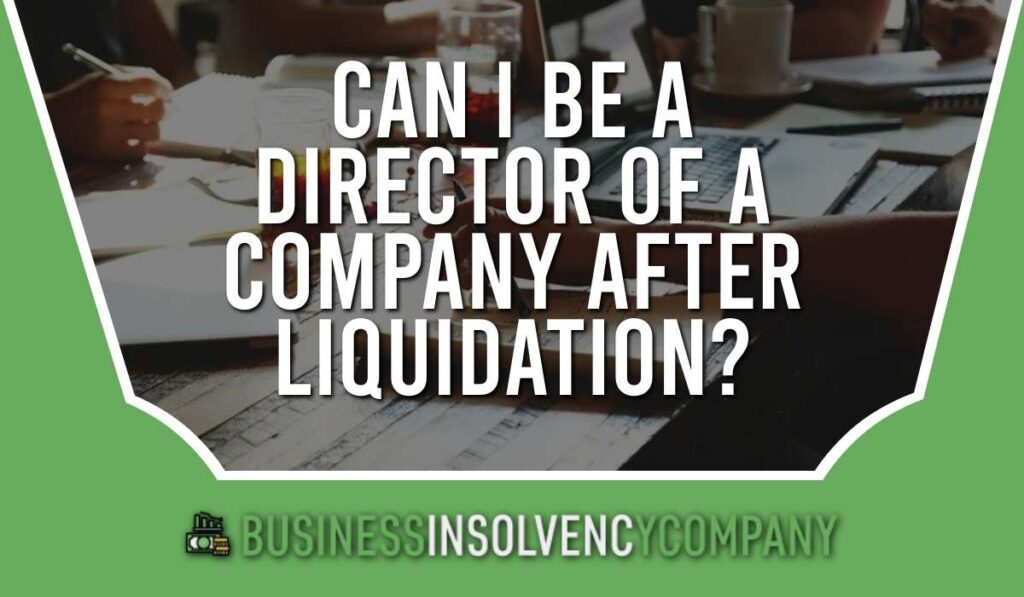


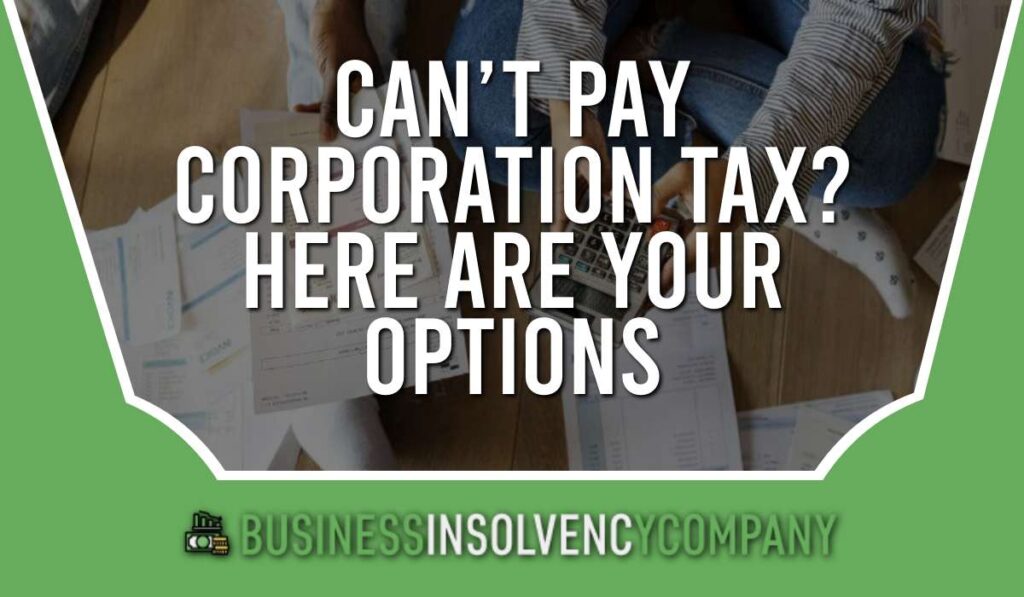

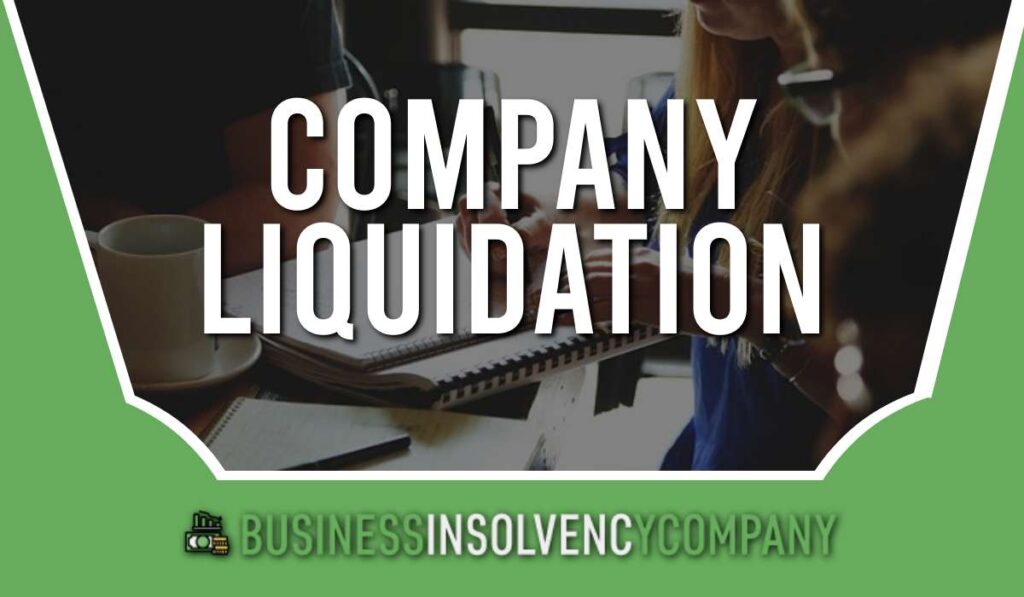
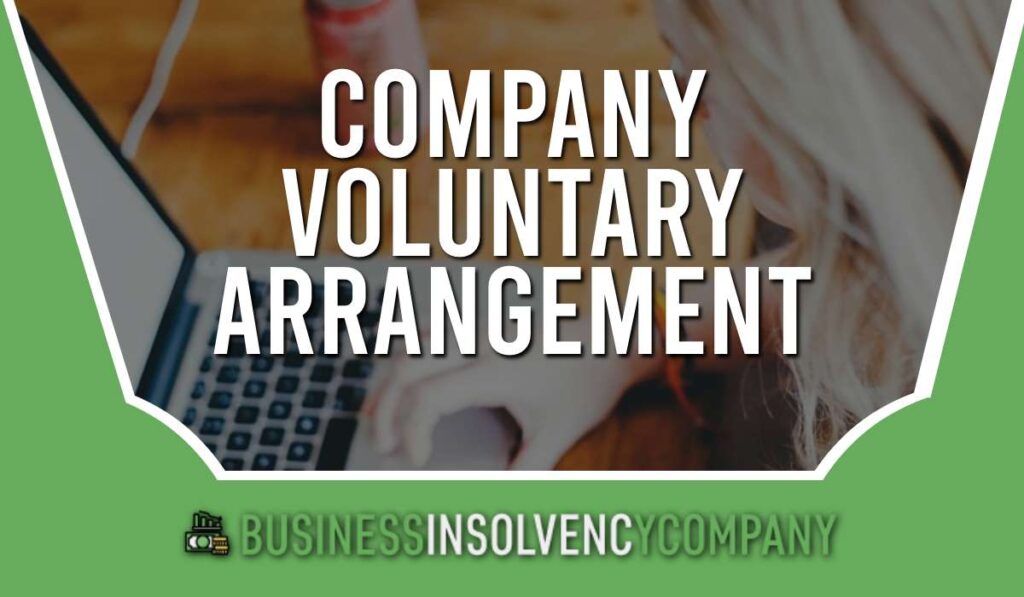

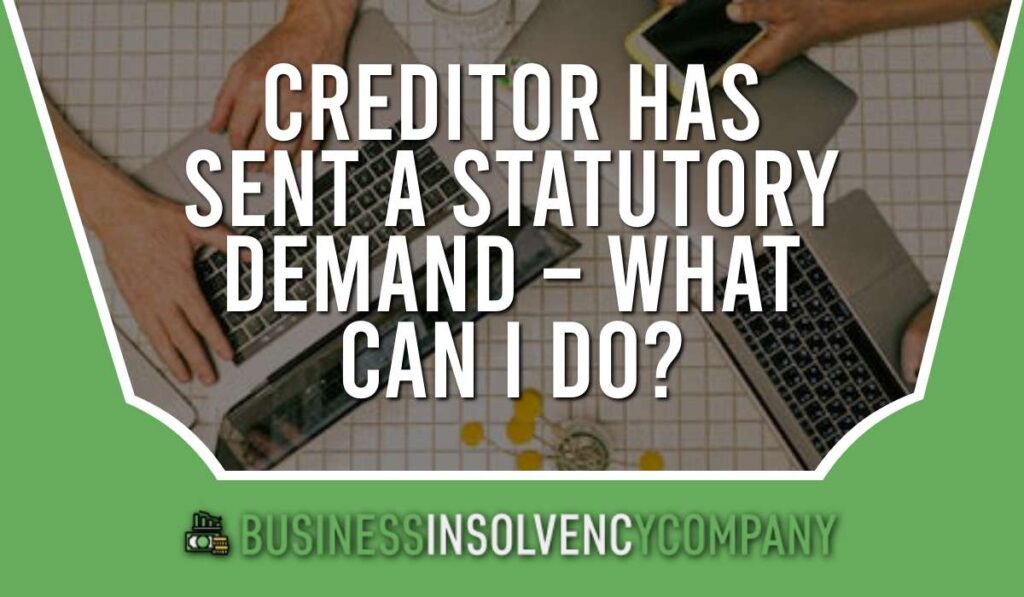
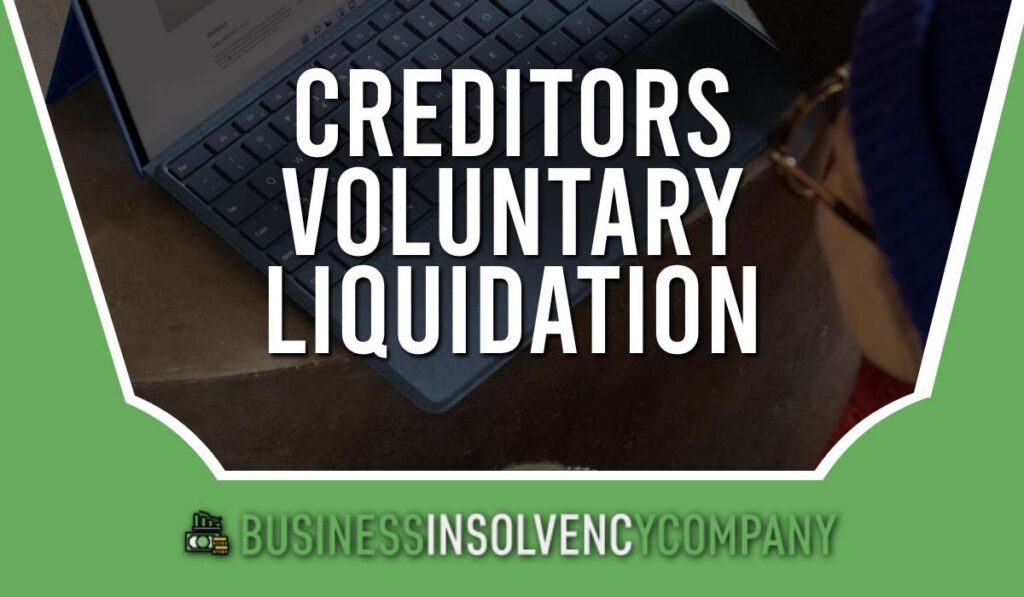
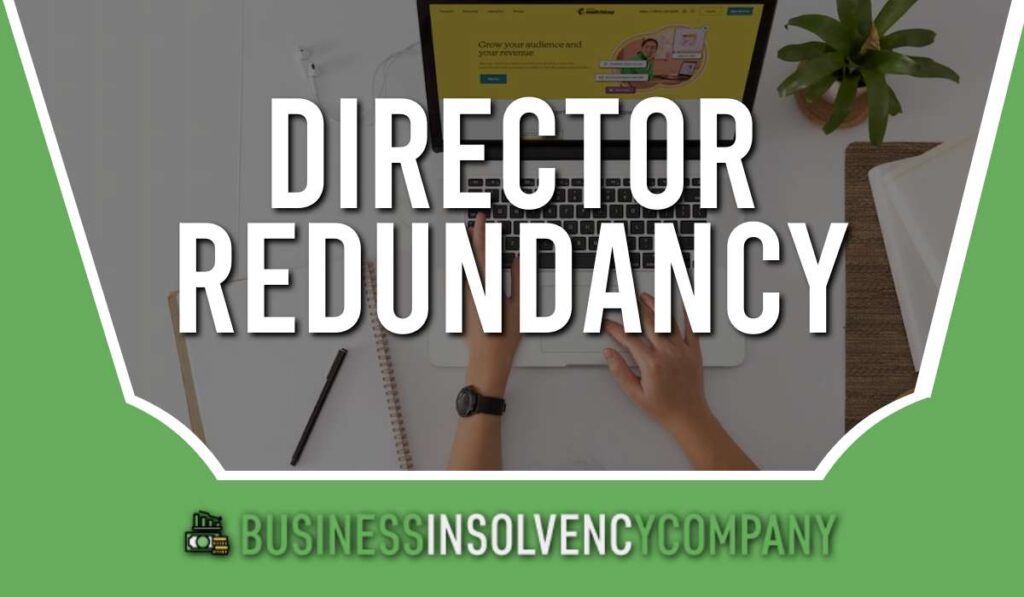
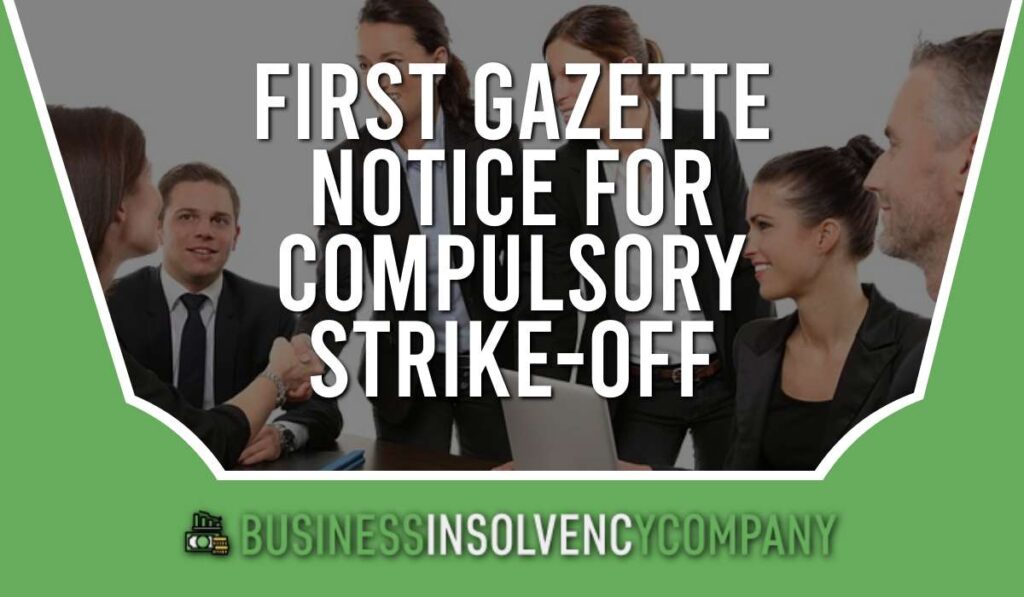
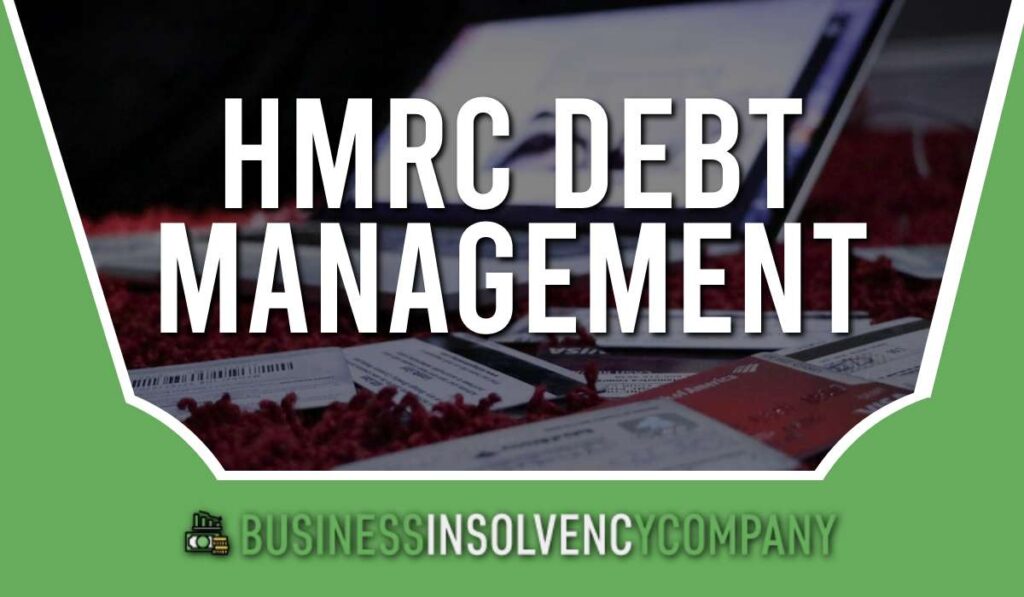

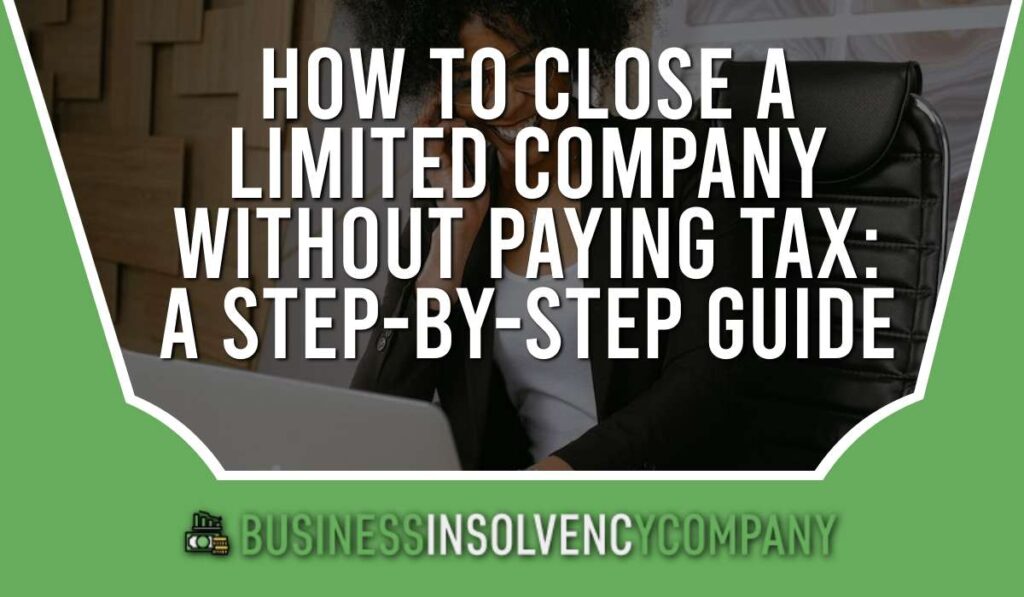
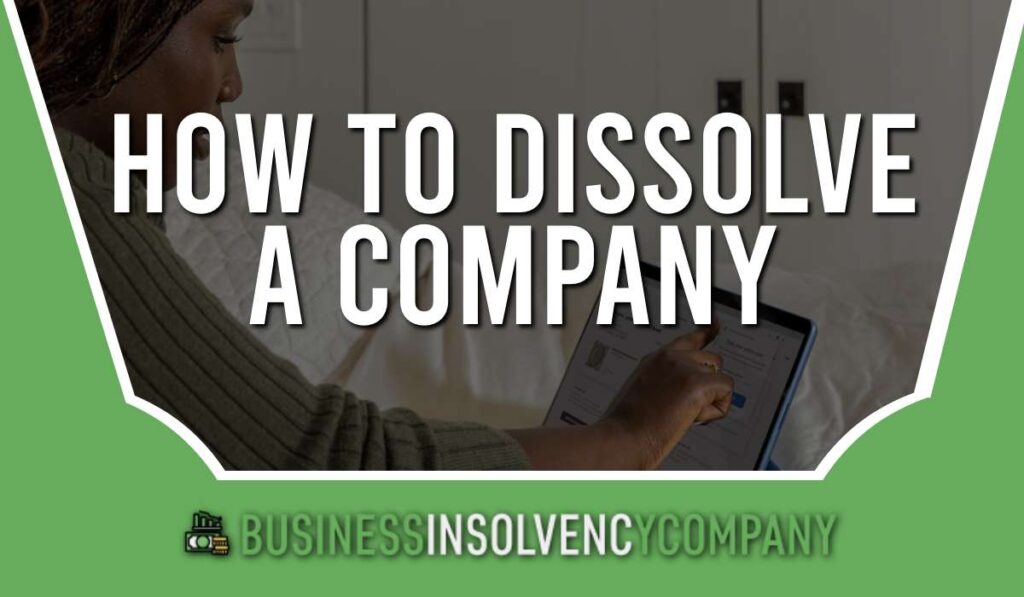



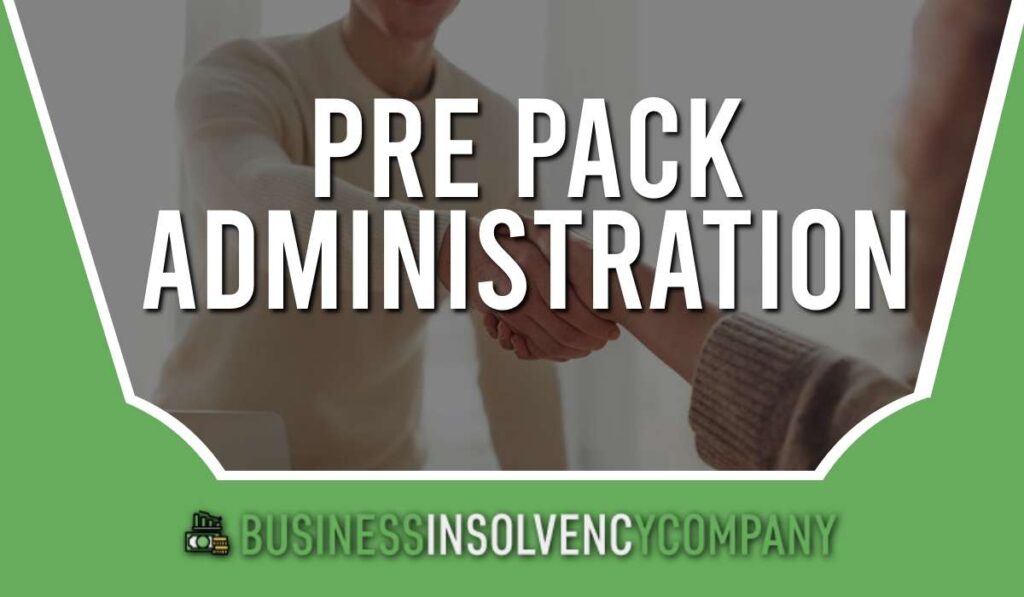






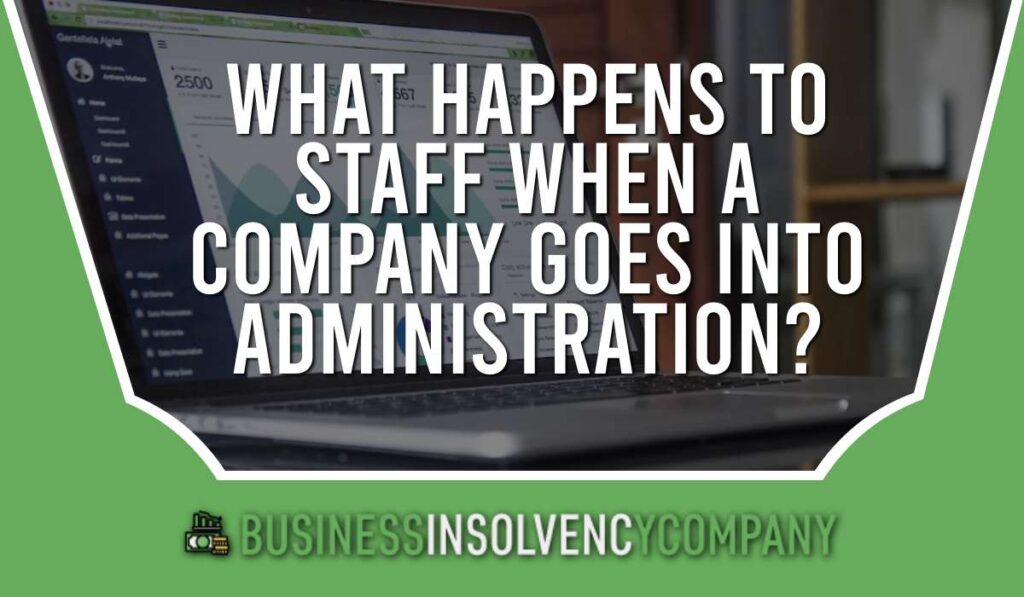

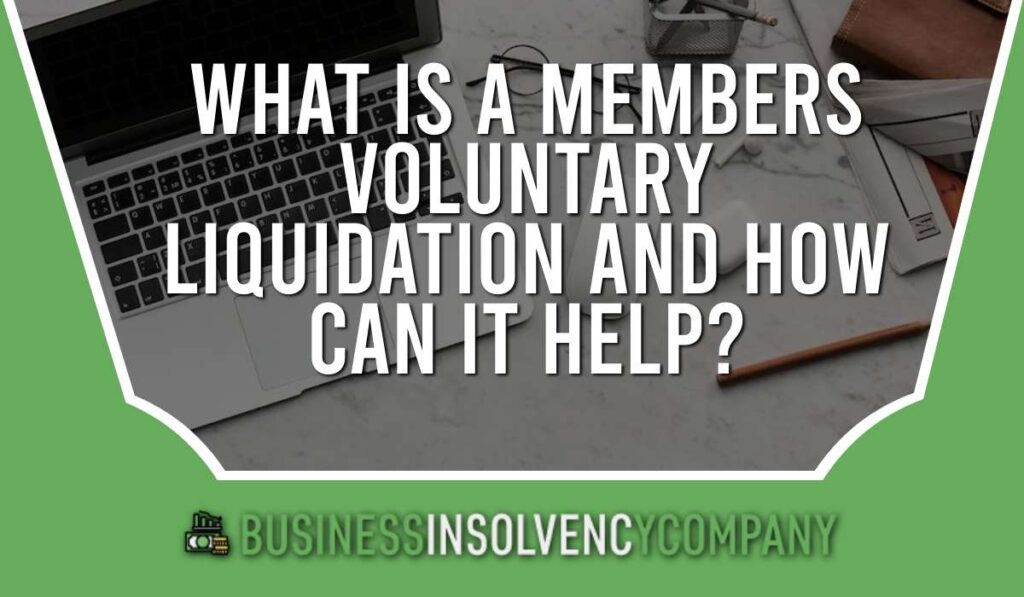

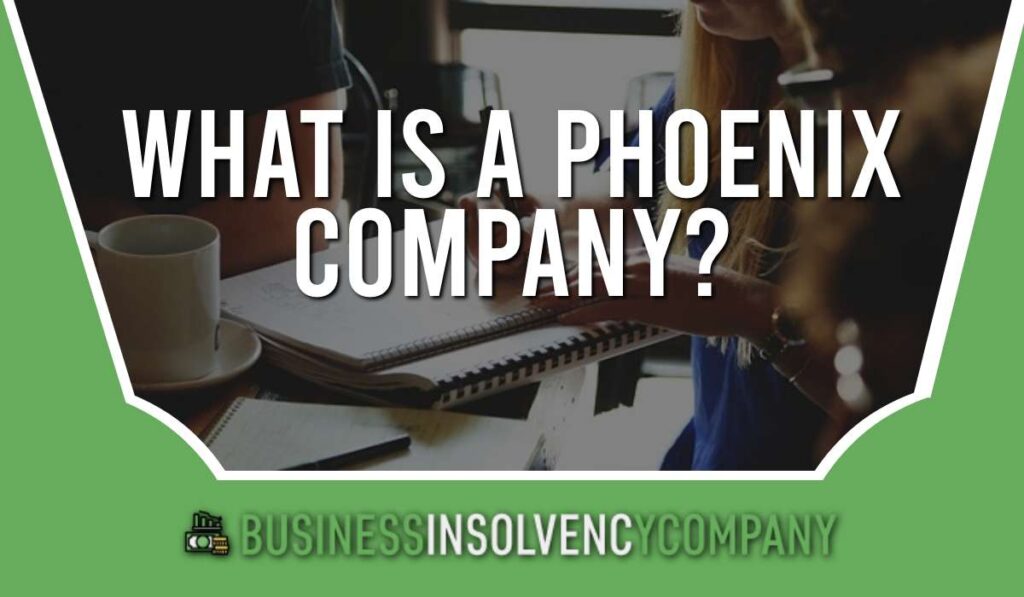

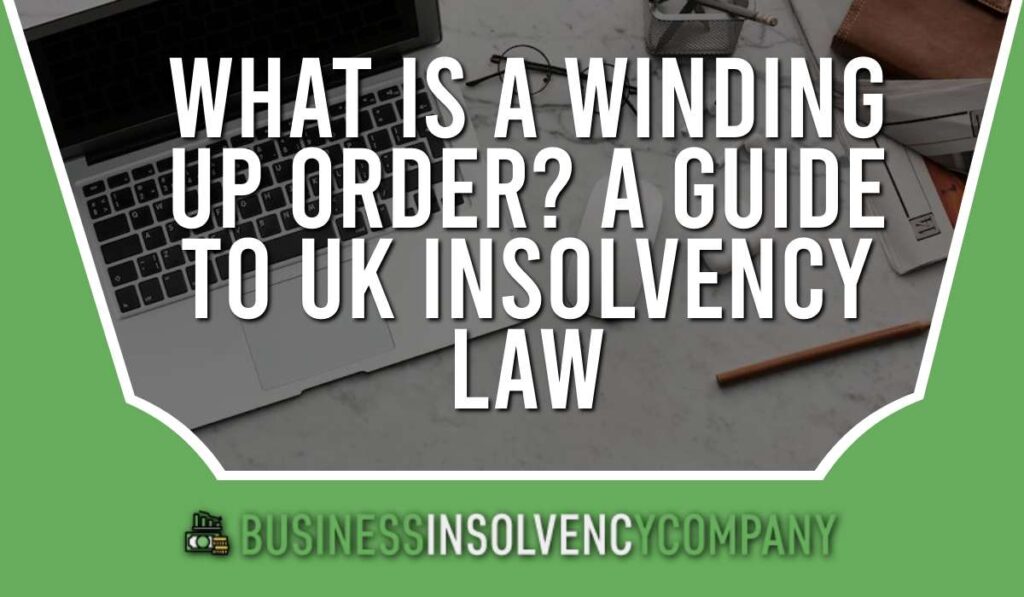




We Aim To Reply To All Enquiries With-in 24-Hours